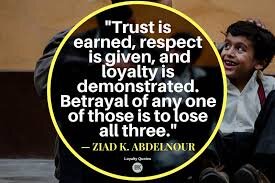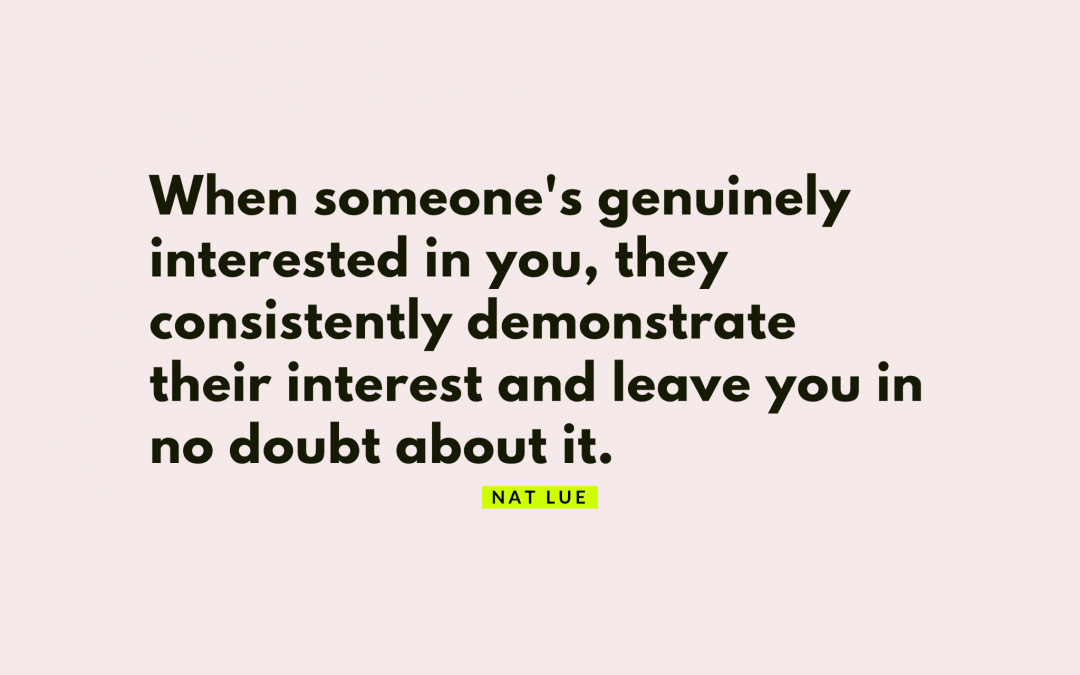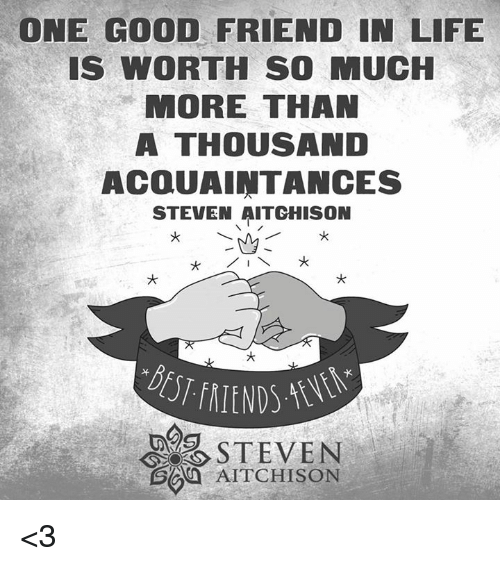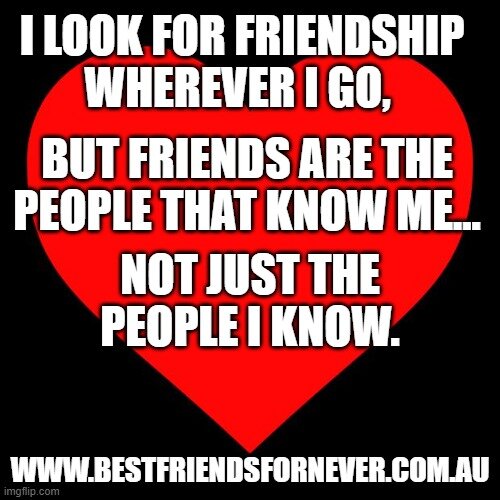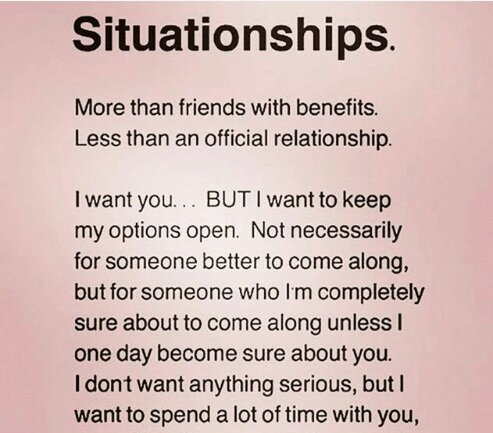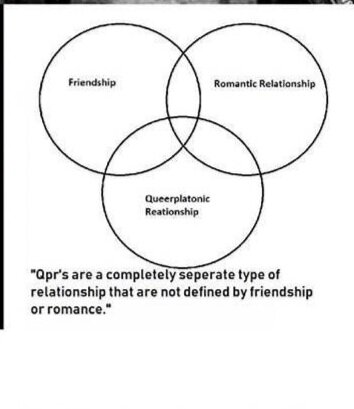The second type of friendship is what Aristotle named Friendships of Pleasure. These are friends that we spend time with regularly because you delight in their company – or perhaps the activity which brings you together. For example you may have a good friend in art class. While you are there to practise and learn about art, you very much enjoy the wine and gossip with your friend you made in the class too. These are commonly colleagues. You genuinely like these people. You spend time regularly and consistently, however, the bond doesn’t seem to grow outside of the bounds of its birthplace. Maybe you tried and they weren’t interested or vice versa, or neither of you ever thought to expand the friendship. Sometimes you did try and it turned out the friendship only flourished under quite unique circumstances. For example, you both love art and wine, however the similarities end there. You live in a fancy apartment in the city, work a corporate office job and spend weekends at the theatre, whereas they live in a beach shack on the coast, write for a living and spend their time surfing. You might enjoy hearing about one another’s lives, but not enough to participate in that lifestyle.
Friends with benefits may fall into this category. Just shy of being something meaningful. You will remember these people after you part, but the chances are high that in time, you will part. There will be many of these people that come and go from your life. They are meaningful and should you meet again, it is likely you will be flooded with memories and fondness. However, the interactions are still not likely to rekindle. Once the flame dies out in these connections, it usually doesn’t respark. This doesn’t mean you were never meant to be friends or that the friendships weren’t real, only that they weren’t lasting. You will miss these people, but you are unlikely to long for them or feel heart broken by them.
I guess in my own life, these are my activity friends. The people I enjoy because I like their company, but in equal measure because I enjoy the activities we share. Movies, day spa’s, dinners, escape rooms, hotels, nails, shopping….. there may or may not be a valuable emotional connection with depth, it may vary, it may be reciprocal or one sided, but you hang in there because it is fun, more than fulfilling.











